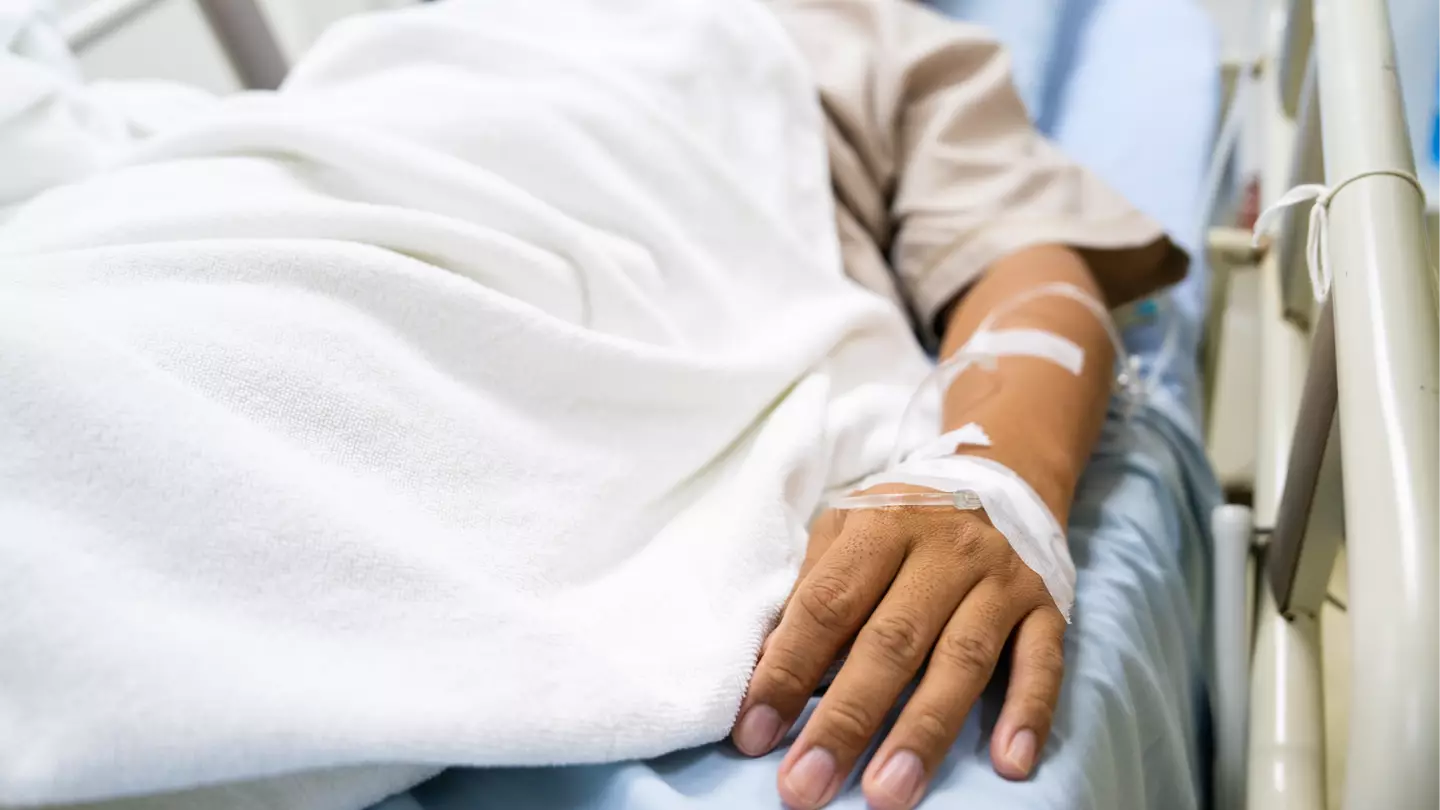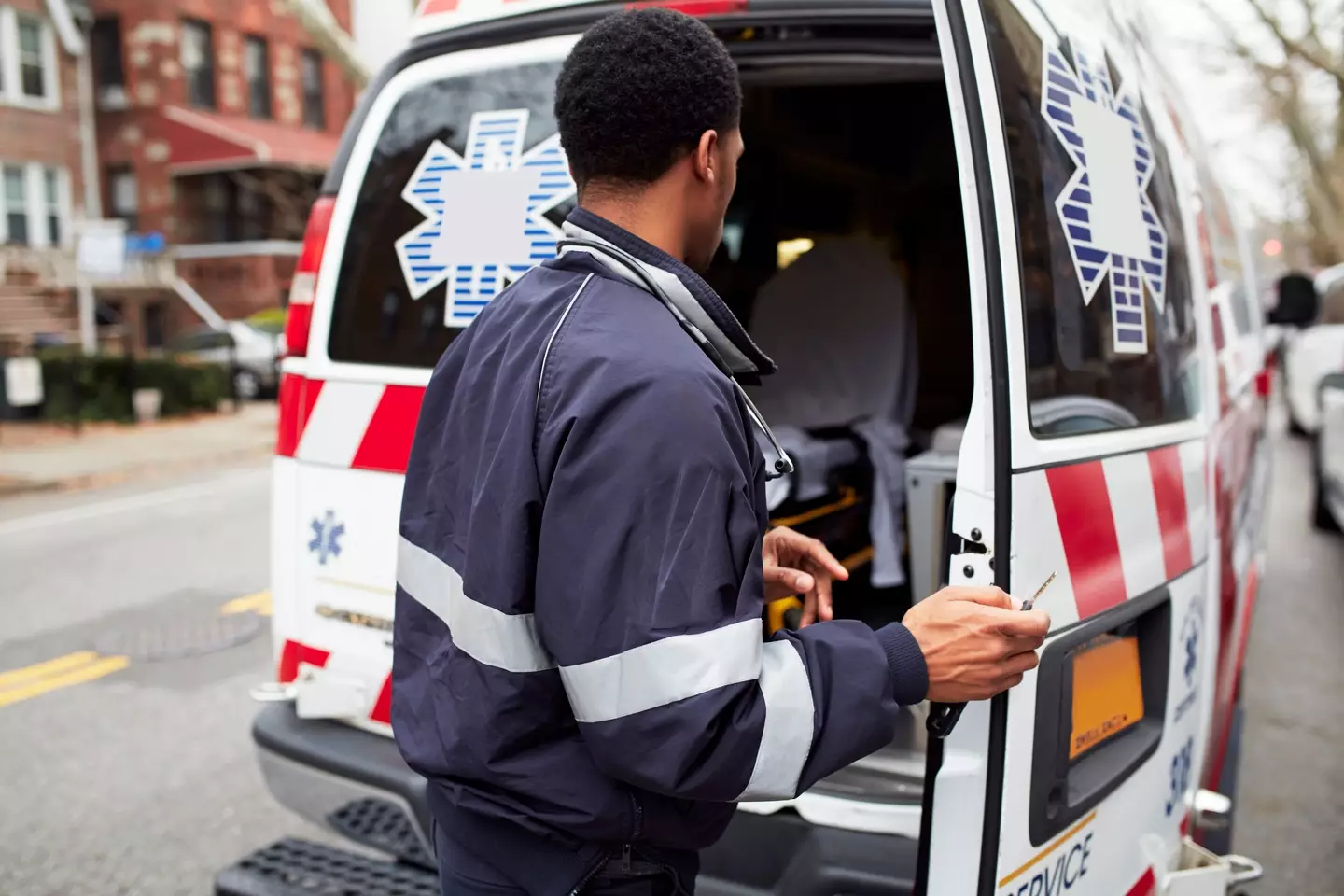
A health crisis in New York City is beginning to brew and officials have asked citizens to take action following the death of one person.
Following COVID-19 and global lockdowns, people are often cautious and concerned about public health issues. Health officials in New York have made it clear they are taking precautions as an infection has begun spreading in an area in the city.
On Wednesday, the New York City Health Department issued a statement about the quickly developing situation.
The statement read: “People who have been in the affected area since late July with flu-like symptoms, fever, cough, or difficulty breathing should seek immediate medical attention.
Advert
“People living or working in the area with flu-like symptoms, such as cough, fever, chills, muscle aches, or difficulty breathing should contact a health care provider immediately.

“It is especially important for people at higher risk — including those ages 50 and older, cigarette smokers, and people with chronic lung disease or compromised immune systems — to get care if they have symptoms.”
This is due to the fact that one person has died and 22 people have become unwell from legionnaire's disease after a breakout in Harlem.
What is legionnaire's disease?
According to the Mayo Clinic, legionnaire's disease is a severe form of a lung infection called pneumonia, and it's caused by a bacterium known as legionella.
The page also outlined just how severe the condition can be and how it is transmitted.
It read: “Most people who catch legionnaire's disease breathe in the bacteria from water or soil. Older adults, people with weakened immune systems, and people who smoke have a higher risk of getting legionnaire's disease.

“The legionella bacterium also causes Pontiac fever, a milder illness that's like the flu. Pontiac fever usually clears on its own. But untreated Legionnaires' disease can kill.”
The disease can lead to serious complications and this includes potential lung failure, septic shock and acute kindney failure and if left untreated can result in death.
How to treat legionnaire's disease
Thankfully, the disease can be treated immediately with antibiotics, although this isn’t always 100 percent effective and may result in a person needing additional treatment.
In hopes of finding the source of the breakout, the health department added that ‘all operable cooling towers in the investigation area have been sampled, and the Health Department has directed building owners with initial positive screening results to initiate remediation within 24 hours'.